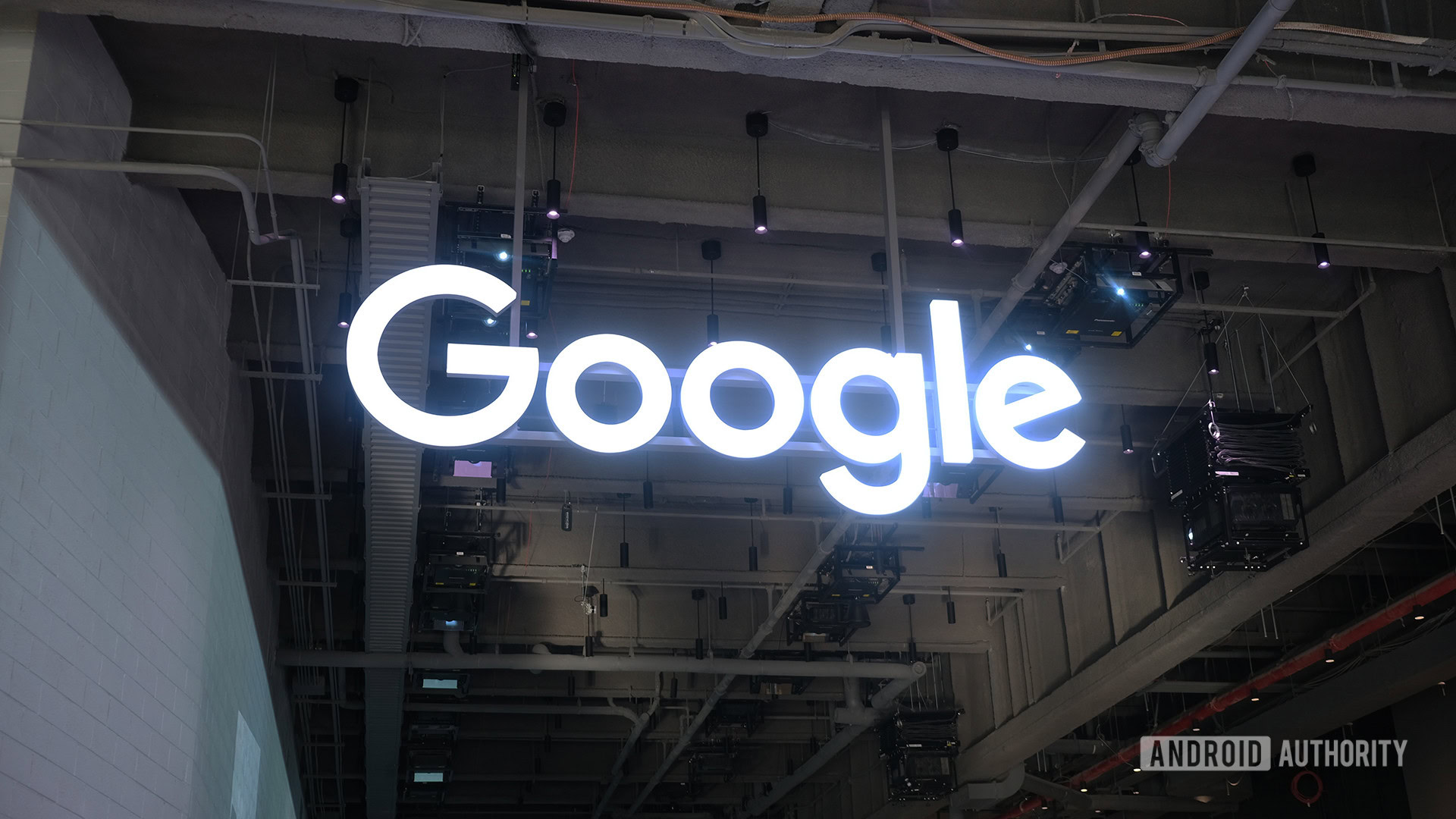
C. Scott Brown / Android Authority
TL;DR
- In a new framework policy proposal, Google lays out its ideas for protecting children online.
- Interestingly, Google says identity and age verification systems for this purpose can be “unnecessary.”
- Google would rather see technology companies follow “age-appropriate design principles” through legislation instead.
Recently, the Global System for Mobile Communication Association (GSMA) published a report saying that over half of the world’s population is online and using a smartphone. Of those over four billion people, a sizable percentage are children under the age of 18. Over the past decade, global legislators have questioned how to keep children safe online — with few agreed-upon answers.
Now, Google has thrown its hat into the ring. The company published a document titled “Legislative Framework for Protecting Children and Teens Online.” In a blog post, Google summarized its thoughts on how technology companies should approach keeping kids safe in cyberspace. Interestingly, Google doesn’t think identity and age verification systems — oft-proposed solutions — are always the right move.
Google says lawmakers should “carefully consider” whether “requiring people (including adults) to submit unnecessary identification or sensitive personal information” is a good idea.
Of course, if Google says identity and age verification systems are probably “unnecessary,” then what should we do to protect kids online? The answer is in product design.
Design products appropriately, and age verification isn’t needed
Google’s policy framework emphasizes the importance of incorporating “the best interests of children and teens” directly into the design of their products. Google thinks this is what should be legislated. In other words, don’t force companies to block children from sites and apps, but rather require them to build experiences that “holistically weigh considerations such as safety, physical and mental wellbeing, privacy, agency, access to information, and freedom of participation in society.”
Likewise, Google is concerned about broad protections that apply to all children under the age of 18. Policies in this vein, the company argues, ignore the “differences in maturity, capacity, and risks of harm between children and teens.” Essentially, Google doesn’t think policies to protect children under the age of ten should inherently also apply to a sixteen-year-old, for example.
Of course, Google does understand that, in some instances, age verification might be necessary. When it is, though, the company is hoping to see “a workable, interoperable standard that preserves the potential for anonymous or pseudonymous experiences.”
Time will tell if legislators agree with Google’s policy framework.


